
NBC
Featured Show:
Watch Mr. Wizard
Watch Mr. Wizard was an American television program for children that demonstrated the science behind ordinary things. The show's creator and on-air host was Don Herbert. Marcel LaFollette said of the program, "It enjoyed consistent praise, awards, and high ratings throughout its history. At its peak, Watch Mr. Wizard drew audiences in the millions, but its impact was far wider. By 1956, it had prompted the establishment of more than five thousand Mr. Wizard science clubs, with an estimated membership greater than one hundred thousand." It was briefly revived in 1971, and then in the 1980s was a program on the Nickelodeon children's television network as Mr. Wizard's World.
NBC TV Shows
1615 shows • Page 77 of 81
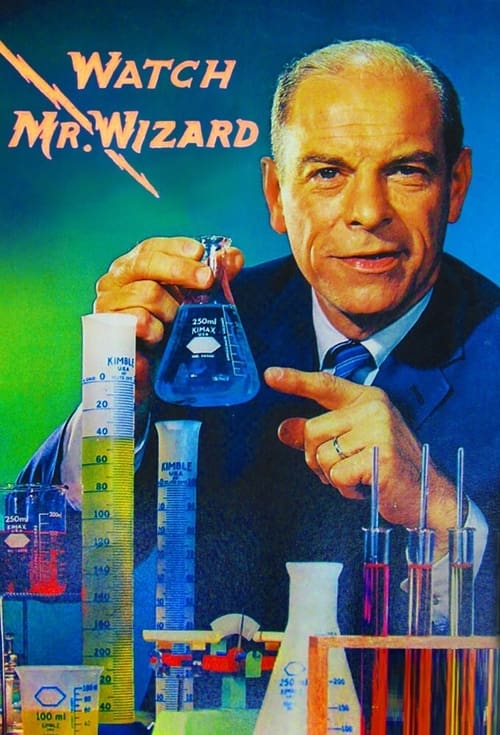
Watch Mr. Wizard
Watch Mr. Wizard was an American television program for children that demonstrated the science behind ordinary things. The show's creator and on-air host was Don Herbert. Marcel LaFollette said of the program, "It enjoyed consistent praise, awards, and high ratings throughout its history. At its peak, Watch Mr. Wizard drew audiences in the millions, but its impact was far wider. By 1956, it had prompted the establishment of more than five thousand Mr. Wizard science clubs, with an estimated membership greater than one hundred thousand." It was briefly revived in 1971, and then in the 1980s was a program on the Nickelodeon children's television network as Mr. Wizard's World.
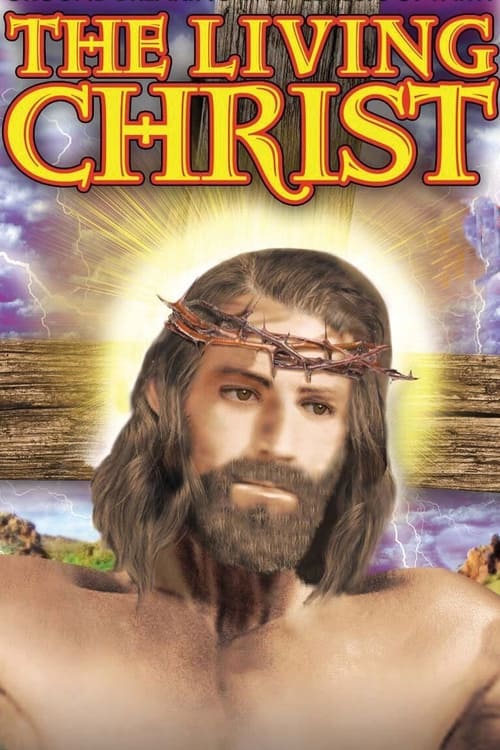
The Living Christ
The first ever made for TV miniseries documents the story of Jesus Christ from birth to resurrection.
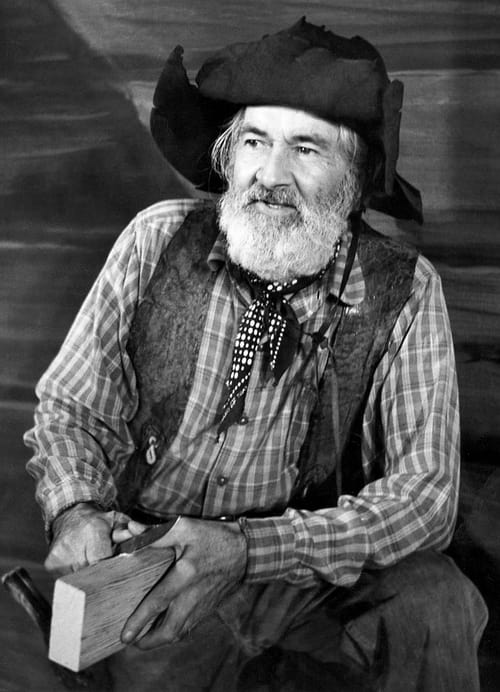
The Gabby Hayes Show
The Gabby Hayes Show is a general purpose western television series in which the film star and Roy Rogers confidant, George "Gabby" Hayes, narrated each episode, showed clips from old westerns, or told tall tales for a primarily children's audience.
 0
0Remember this Date
Remmember This Date is an American game show that aired on NBC from November 14, 1950 to June 28, 1951. The program is most notable for being the first daytime game show.
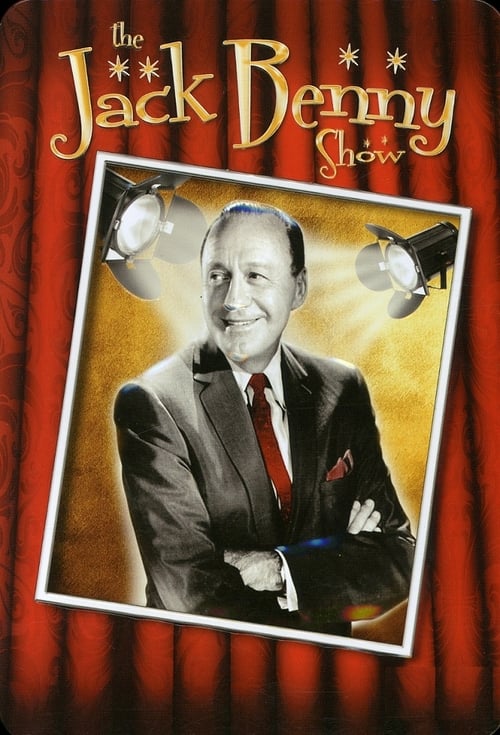
The Jack Benny Program
Laugh along with funnyman Jack Benny as he brings his underplayed humor to TV along with regular performers from his radio show days.
 0
0Rootie Kazootie
Rootie Kazootie was the principal character on the 1950s children's television show The Rootie Kazootie Club. The show was the creation of Steve Carlin and featured human actors along with hand puppets.
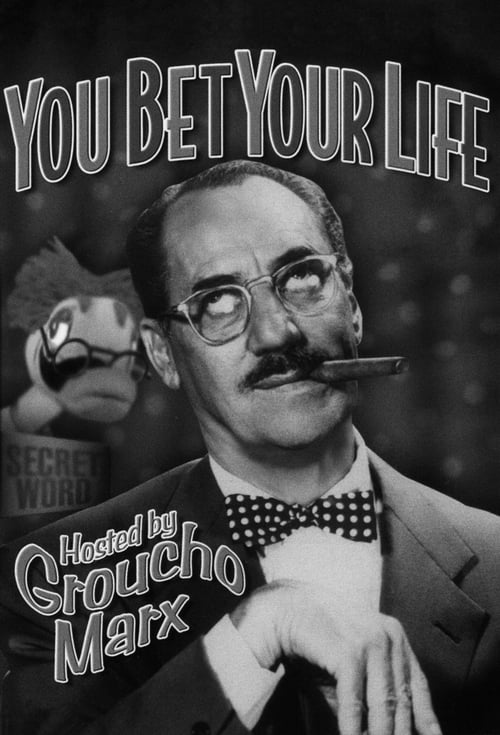
You Bet Your Life
You Bet Your Life is an American quiz show that aired on both radio and television. The original and best-known version was hosted by Groucho Marx of the Marx Brothers, with announcer and assistant George Fenneman. The show debuted on ABC Radio in October 1947, then moved to CBS Radio in September 1949 before making the transition to NBC-TV in October 1950. Because of its simple format, it was possible to broadcast the show simultaneously on the radio and on television. In 1960, the show was renamed The Groucho Show and ran a further year. Most episodes are in the public domain. The play of the game, however, was secondary to the interplay between Groucho, the contestants, and occasionally Fenneman. The program was rerun into the 1970s, and later in syndication as The Best of Groucho. As such, it was the first game show to have its reruns syndicated.

Four Star Revue
Four Star Revue was an American variety show that aired on NBC from October 4, 1950 to December 26, 1953.
 0
0Musical Comedy Time
Musical Comedy Time is a series of live hour-long adaptations of Broadway musical comedies and standard operettas that aired on NBC from October 2, 1950 to March 19, 1951.

The Paul Winchell Show
The Paul Winchell Show, or The Paul Winchell and Jerry Mahoney Show, was a variety program which aired on NBC prime time from 1950 to 1954, starring ventriloquist Paul Winchell and his dummy, Jerry Mahoney.
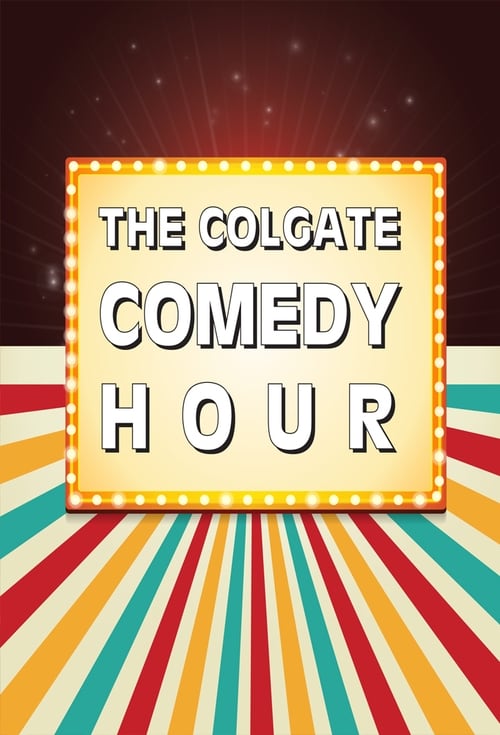
The Colgate Comedy Hour
The Colgate Comedy Hour is an American comedy-musical variety series that aired live on the NBC network from 1950 to 1955. The show starred many notable comedians and entertainers of the era, including Eddie Cantor, Dean Martin and Jerry Lewis, Fred Allen, Donald O'Connor, Bud Abbott and Lou Costello, Bob Hope, Jimmy Durante, Ray Bolger, Gordon MacRae, Ben Blue, Robert Paige, Tony Curtis, Burt Lancaster, Broadway dancer Wayne Lamb and Spike Jones and His City Slickers.
 0
0The Hank McCune Show
The Hank McCune Show is an American television situation comedy. Filmed without a studio audience, the series is notable for being the first program to incorporate a laugh track. The series began as a local Los Angeles program in 1949. NBC placed it on its national primetime schedule at the start of the 1950-51 season. It debuted at 7:00pm Eastern Time on September 9 and was cancelled three months later.

Truth or Consequences
Truth or Consequences is an American television show originally hosted on NBC radio by Ralph Edwards and later on television by Edwards, Jack Bailey, Bob Barker, Bob Hilton and Larry Anderson. The television show ran on CBS, NBC and also in syndication. The premise of the show was to mix the original quiz element of game shows with wacky stunts. The daily syndicated show was produced by Ralph Edwards Productions, in associated with and distributed by Metromedia Producers Corporation and Lorimar-Telepictures.

Your Hit Parade
Your Hit Parade is an American radio and television music program that was broadcast from 1935 to 1955 on radio, and seen from 1950 to 1959 on television. It was sponsored by American Tobacco's Lucky Strike cigarettes. During this 24-year run, the show had 19 orchestra leaders and 52 singers or groups. Many listeners and viewers casually referred to the show with the incorrect title The Hit Parade. When the show debuted, there was no agreement as to what it should be called. The press referred to it in a variety of ways, with the most common being "Hit Parade," "The Hit Parade," and even "The Lucky Strike Hit Parade". The program's title was not officially changed to "Your Hit Parade" until November 9, 1935 Each Saturday evening, the program offered the most popular and bestselling songs of the week. The earliest format involved a presentation of the top 15 songs. Later, a countdown with fanfares led to the top three finalists, with the number one song for the finale. Occasional performances of standards and other favorite songs from the past were known as "Lucky Strike Extras."

Hawkins Falls, Population 6200
Hawkins Falls, Population 6200 is the first successful American television soap opera. Sponsored by Unilever's blue detergent, Surf, the program began as a one hour comedy-drama on June 17, 1950, and ran in prime time on the NBC network until October 12, 1950. On April 2, 1951, the series was moved to a fifteen-minute daytime slot, where it was retitled Hawkins Falls: A Television Novel, and developed into a soap opera format. Hawkins Falls ran until July 1, 1955, making it NBC's longest running soap opera until The Doctors exceeded it in 1967. The town of Hawkins Falls was patterned after the real-life town of Woodstock, Illinois.
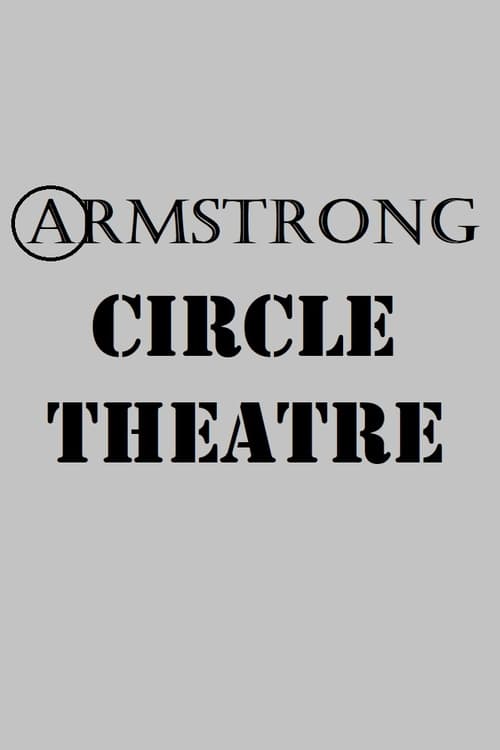
Armstrong Circle Theatre
Armstrong Circle Theatre is an American anthology drama television series which ran from 1950 to 1957 on NBC, and then until 1963 on CBS. It alternated weekly with The U.S. Steel Hour.
 0
0Broadway Open House
Broadway Open House, is network television's first late-night comedy-variety series. It was telecast live on NBC from May 29, 1950 to August 24, 1951, airing weeknights from 11pm to midnight. One of the pioneering TV creations of NBC president Pat Weaver, it demonstrated the potential for late-night programming and led to the later development of The Tonight Show.
 0
0Cameo Theatre
Cameo Theatre was an American anthology series that aired on NBC during the Golden Age of Television, from 1950 to 1955.
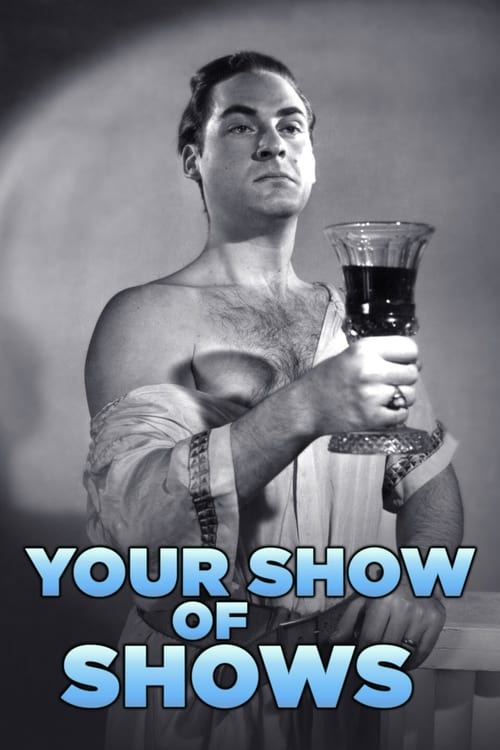
Your Show of Shows
Your Show of Shows was a live 90-minute variety show that was broadcast weekly in the United States on NBC, from February 25, 1950, until June 5, 1954, featuring Sid Caesar and Imogene Coca. Other featured performers were Carl Reiner, Howard Morris, Bill Hayes, Judy Johnson, The Hamilton Trio and the soprano Marguerite Piazza. José Ferrer made several guest appearances on the series. The series was telecast from the now-demolished International Theatre at 5 Columbus Circle and the Century Theater, now demolished, in New York. During 2002, Your Show of Shows was ranked #30 on TV Guide's 50 Greatest TV Shows of All Time.
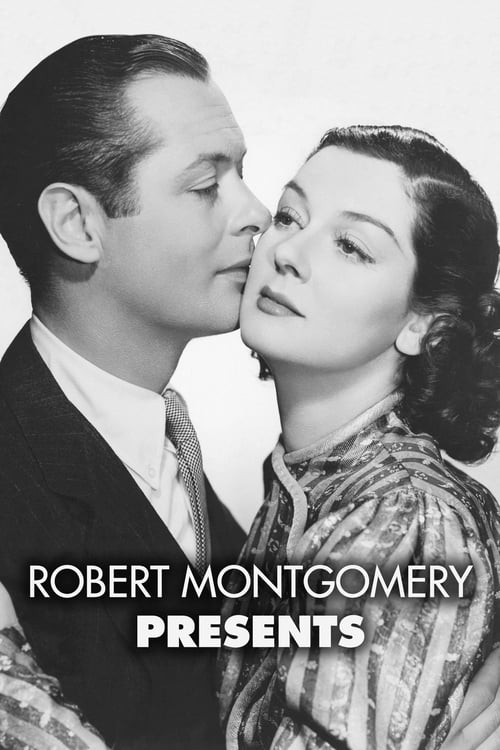
Robert Montgomery Presents
Robert Montgomery Presents is an American dramatic television series which was produced by NBC from January 30, 1950 until June 24, 1957. The live show had several sponsors during its seven-year run, and the title was altered to feature the sponsor, usually Lucky Strike cigarettes, for example, Robert Montgomery Presents Your Lucky Strike Theater, ....The Johnson's Wax Program, and so on.